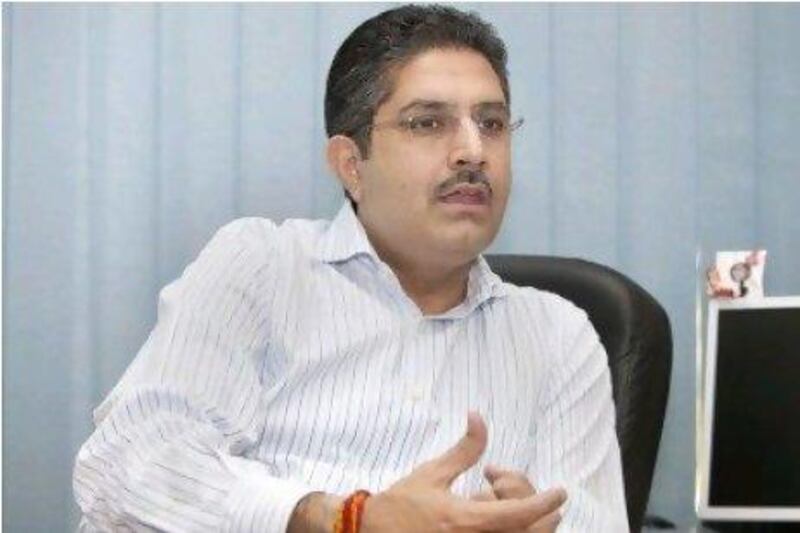The term "angel investments" was first coined to flatter wealthy businessmen who helped bankroll early theatre productions on Broadway.
Finance:
Industry Insights Exclusives you can bank on from The National's premium content. Learn More
And although the recipients of such funding may have changed, the premise remains the same: to provide capital to start-up ventures.
In some parts of the world, such as the US and India, investor networks are wide and well established.
But in the UAE, the angel space is still small and less formal.
"At this point of time it's not something that's gained its place yet," says veteran entrepreneur and angel investor Prashant K Gulati, who is based in Dubai.
This is partly because local laws do not support experimentation, he says. Entrepreneurs must form a company to test out an idea - and to do that they have to know what the business will be.
"The typical anecdote of people sitting in their garage and tinkering, coming up with [something]. It's not legal here," says Mr Gulati.
"Your sponsor owns 24/7 of what you do and theoretically they can come and claim anything; even if it is unrelated to the work that you do in the office because of your visa ... your status is dependent on that," he adds.
Yet many entrepreneurs in the UAE do manage to overcome the obstacles, and some approach people such as Mr Gulati for help.
And it is not only for financial backing. Mr Gulati will turn an entrepreneur down if he or she is just looking for money. He says his real value comes from the advice and help he is able to give entrepreneurs.
Besides, angels do not get involved simply to make money, because the risk of having to write off the investment is so high. Those who are thinking of getting involved should only invest what they can afford to lose as only one in every 10 investments pays back, according to Mr Gulati.
So why do it?
"This is my CSR [corporate social responsibility]. I think and I sincerely believe in this, that all of us who have achieved a certain level of success or standing need to pay back," says Mr Gulati, who estimates he spends 50 per cent of his time mentoring entrepreneurs.
"It's almost like the example of having books in school ... Newton and the apple falling on his head. I don't think even if a dozen apples fell on my head I would have been able to come up with the theory of gravity. Imagine if all of us had to build knowledge from scratch every time ... we would still be living in caves," he adds.
Mr Gulati has helped dozens of entrepreneurs get and has mentored a range of people including a fashion blogger and an entrepreneur who wanted to start up a business in the hospitality industry.
"I have been part of ideas which at one time we thought would rule the world kind of ideas and we don't know where they are, so I have seen all kinds of things over the years," he says.
Saurabh Sachdev, 31, quit his job last year to start his own business and got in touch with Mr Gulati through the Dubai chapter of TiE, a not-for-profit networking and mentoring group for entrepreneurs.
"We had many constructive sessions back and forth and I got some very useful feedback from him. It just so happened that in those conversations the idea I had in that current state wouldn't have worked and then we started exploring another venture," he says.
They have been working on the idea every day since and plan to launch the business, which Mr Sachdev declines to discuss, early next year. "I think what we are doing now would have been very difficult to execute by myself," he says.
twitter: Follow and share our breaking business news. Follow us






